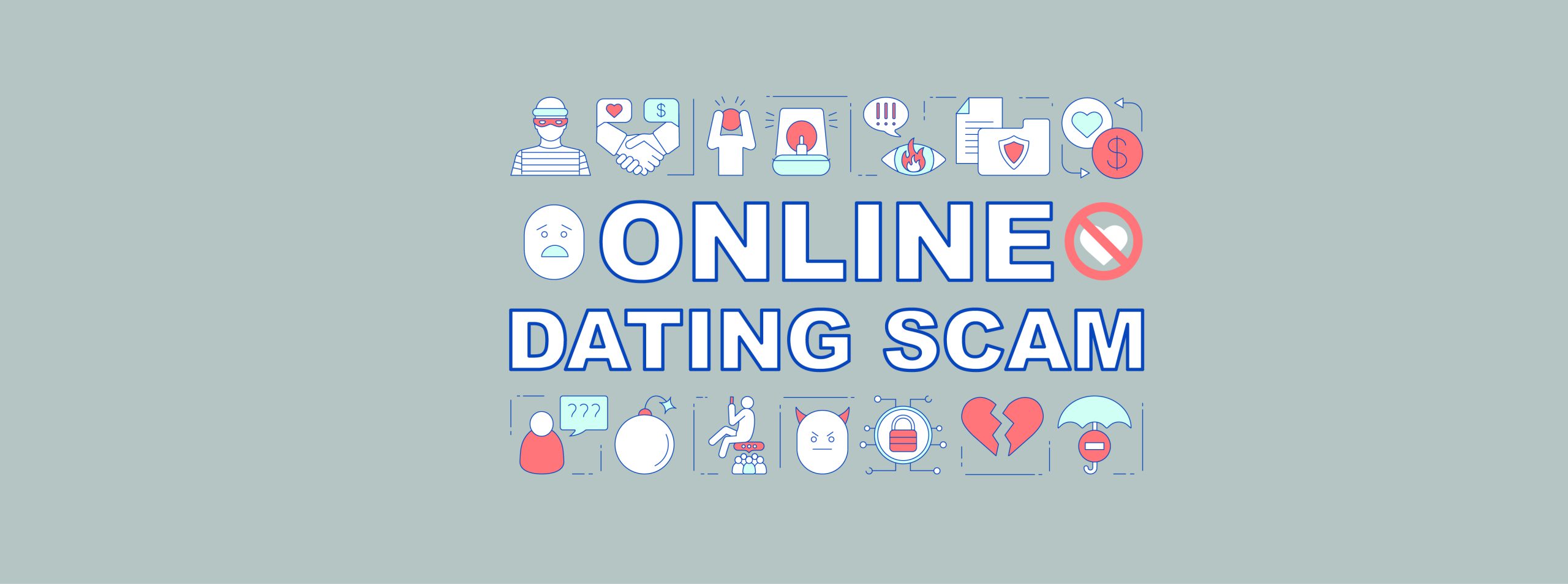E-TECH Ranked Second Year in a Row Among Elite Managed Service Providers on Channel Futures 2023 NextGen 101 List
JULY 5, 2023: E-Tech has been named as one of the world’s premier managed service providers on the prestigious Channel Futures 2023 NextGen 101 rankings again for a second year in a row.
The NextGen 101, an MSP 501 list, honors industry-leading managed service and technology providers that are driving a new wave of growth and innovation for the tech channel via the groundbreaking solutions they deliver to their customers. Many of these MSPs generate recurring revenue from cloud, security, unified communications, and other solutions to small, medium and large clients. These MSPs – based on their growth, drive and innovation – represent the future of the technology channel and IT industry. This year’s NextGen 101 winners were selected from applications received for the 2023 Channel Futures MSP 501. Channel Futures is pleased to name E-Tech as one of the top MSP’s in Canada for 2023 NextGen 101 List.

“We are so honoured to receive this award for the second year in a row,” said Ian Evans, CEO & President of E-Tech. “A big thanks to my employees, without their dedication and passion everyday, this wouldn’t be possible.” Channel Futures strives to ensure their partner communities are recognized for what they do best and creates programs that recognize their contributions to the IT industry. The NextGen 101 represents that effort. “I love following these companies and talking with their owners,” said Jeff O’Heir, Channel Futures senior news editor and manager of the MSP 501. “They’re excited about the latest technologies, embrace innovation, and often bring new sales and marketing strategies to the table. Many of them quickly move into the MSP 501 list where they have an even bigger impact on the industry.”
The data collected by the annual NextGen 101 and MSP 501 drive Channel Futures’ market intelligence insights, creating robust data sets and data-based trend reports that support our editorial coverage, event programming, community and networking strategies and educational offerings. “As the technology industry and channel enter a very challenging market, channel leaders are looking for ways to accelerate growth,” said Robert DeMarzo, vice president of content for Informa Tech Channels. “The Channel Futures NextGen 101 represents some of the fastest-growth and high-potential MSPs in the market today. These companies are providing innovative approaches to customer solutions and partner engagement never seen before. They truly represent the future of the channel.”
Background
The 2023 MSP 501 and NextGen 101 lists are based on data collected by Channel Futures. Data was collected online from February to May, 2023. The MSP 501 list recognizes top managed service providers based on metrics including recurring revenue, profit margin and other factors.
About E-Tech
E-Tech has been providing system support and information technology consulting services to our clients since 2005. We attribute our strength and success to our close working relationship with each and every one of our clients – regardless of size. We design our services specifically to help our clients succeed in today’s complex business environment, keeping in mind our client’s goals, objectives, and bottom lines. Since our inception, we have been establishing a strong bond with small to medium businesses and not-for-profits by delivering cyber security protection, website hosting services, IT support solutions, and website design services.
About Channel Futures
Channel Futures is a media and events destination for the information and communication technologies (ICT) channel community. We provide information, perspective and connection for the entire channel ecosystem, including solution providers (SPs), managed service providers (MSPs), managed security service providers (MSSPs), cloud service providers (CSPs), value-added resellers (VARs) and distributors, technology solutions brokerages, subagents and agents, as well as leading technology vendor partners and communication providers.
Our properties include many awards programs such as the Channel Futures MSP 501, a list of the most influential and fastest-growing providers of managed services in the technology industry; Channel Partners events, which delivers unparalleled in-person events including Channel Partners Conference & Expo, Channel Futures Leadership Summit, Women’s Leadership Summit, the MSP Summit and Channel Partners Europe; and a DEI Community Group, our initiative to educate, support and promote diversity, equity and inclusion (DE&I) in the ICT channel industry. Channel Futures is where the world meets the channel; we are leading Channel Partners forward. More information is available at channelfutures.com.
Channel Futures is part of Informa Tech, a market-leading B2B information provider with depth and specialization in ICT sector. Every year, we welcome 14,000+ subscribers to our research, more than 4 million unique monthly visitors to our digital communities, 18,200+ students to our training programs and 225,000 delegates to our events.
Feel free to Contact Us for more information.
























